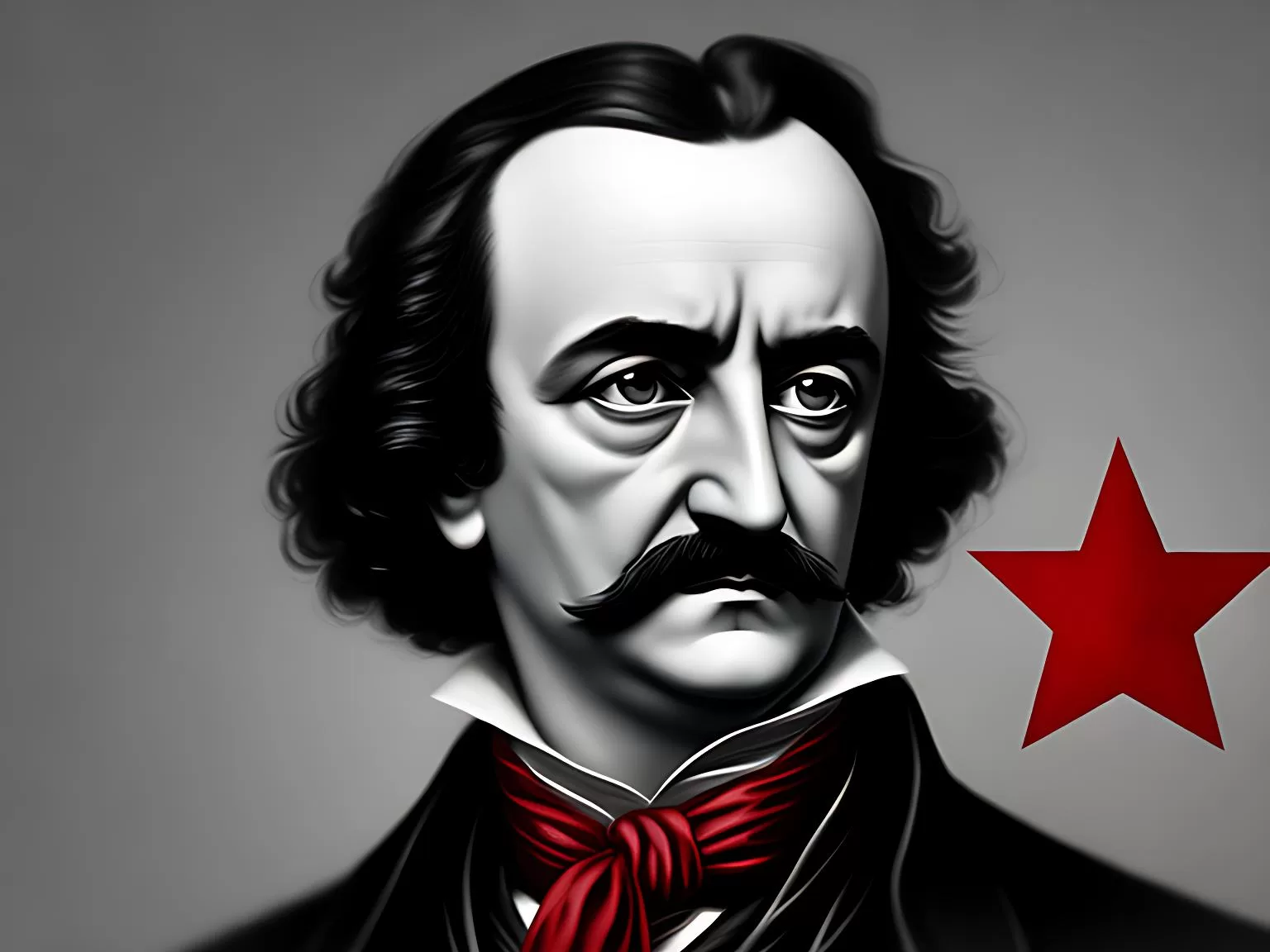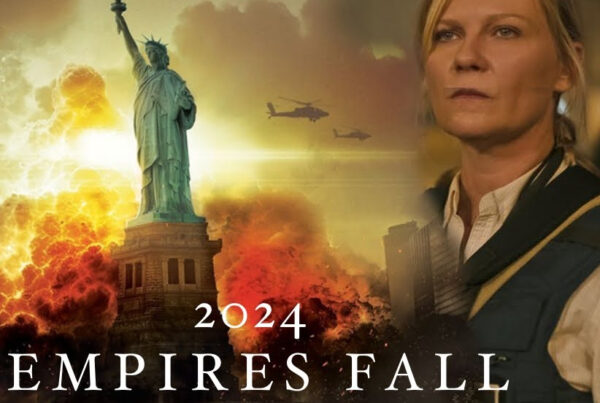In the melancholy chronicles of that woeful epoch, the Second Great War, a most ill-starred confrontation should have never arisen betwixt the formidable Germans and their Russian counterparts. Verily, these two nations were alike in essence, entwined by the intellectual sinews of the dolorous philosopher Friedrich Nietzsche and the desolate literary genius Fyodor Dostoyevsky. It was within the tormented minds of these men that a union of existentialist brethren was forged, casting a spectral presence upon the tumultuous theater of mankind’s strife.
This dark alliance of intellectual giants dared to explore the murkiest recesses of mankind’s disposition, plumbing the abyss of the soul in a relentless pursuit of truth, as the storm of war gathered about them. Nietzsche, with his penetrating gaze into the void of nihilism, found a fellow traveler in Dostoyevsky, whose explorations into the human condition illuminated the darkest corners of the psyche. Their communion, a pensive rhapsody, reverberated in the hearts of those who trod the path of existentialist inquiry, transcending the bounds of chauvinism and bloodshed.
It was this profound affinity that ought to have served as a bulwark against the harrowing onslaught of battle, fostering an understanding of shared suffering and the quest for meaning in an oftentimes cruel and indifferent world. Alas, the fates conspired against this brotherhood, and the Germans and Russians found themselves locked in a dance of death, their once kindred spirits now entangled in the throes of a tragic, self-destructive ballet.
Regarding the obscure provenance of this catastrophic clash, we find ourselves adrift in the ocean of doubt, for the initial machinations that led the Soviet Union and the Third Reich to draw their swords remain veiled within the enigmatic fog of bygone days. The question remains: did Operation Barbarossa emerge as a preemptive thrust into the heart of darkness, or were there more sinister schemes at play, conjured by unseen hands?
In this, the truth eludes us, like a specter in the night, forever swaying just beyond the reach of our comprehension. We grapple with the shadows, yearning to uncover the motives that set this tragic choreography in motion, but alas, the answers lie buried beneath the weight of history, its whispered secrets locked away in the crypt of time.
So, we are left to ponder, to speculate upon the murky beginnings of a struggle that would consume countless lives and rend asunder the fabric of two great nations. In this vast sea of uncertainty, one can only wonder if the elusive truth will ever reveal itself or if it will remain forever entombed within the enigmatic annals of our collective past.
Ah, woe betide the world, for it was indeed the mighty realm of America that reaped the grim harvest from this blood-drenched episode, for it has been murmured in hushed tones that the quelling of a Russo-German coalition and the obstruction of an expansive Eurasian imperium had at all times been the aim of Machiavellian machinations of the United States – to preserve its hegemony upon the terrestrial sphere.
The insidious rumors speak of a clandestine strategy, contrived within the hallowed halls of power, as the grand architects of American ambition wove a web of deception and manipulation, deftly maneuvering the pieces upon the global chessboard. With their eyes continually fixed on the grand prize of unchallenged supremacy, they labored tirelessly to sow discord between the intellectual siblings of Russia and Germany, lest their partnership forge a new and formidable rival in the great game of empire.
Thus, amidst the cacophony of conflict, the United States silently orchestrated a symphony of destruction, undermining the foundations of what might have been an alliance of giants, fueled by the passions of their brooding literary and philosophical masters. In the end, as the curtain fell upon the tragedy of war, the architects of this nefarious design stood triumphant, their dominion secured and the aspirations of a Eurasian behemoth forever dashed upon the jagged rocks of history.










The trick has to be in getting our collective nations united under a common political ideology yet retaining the national and indeed local traditional traits of the folk who make up this pan-European kindred.